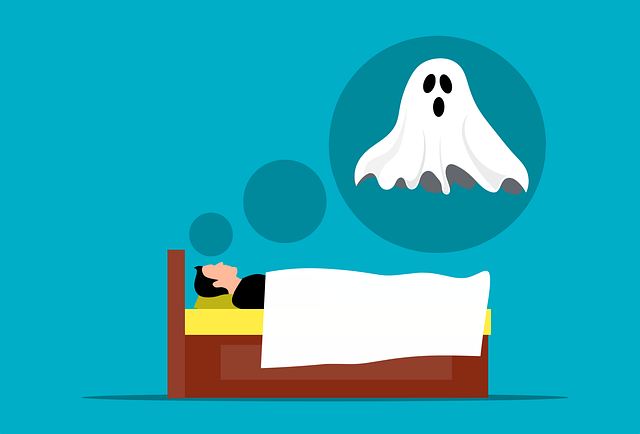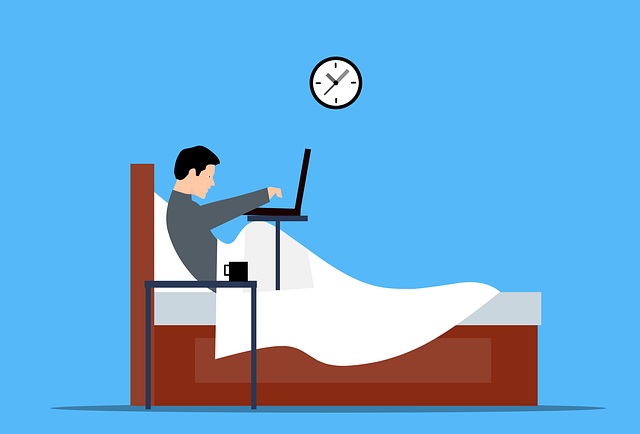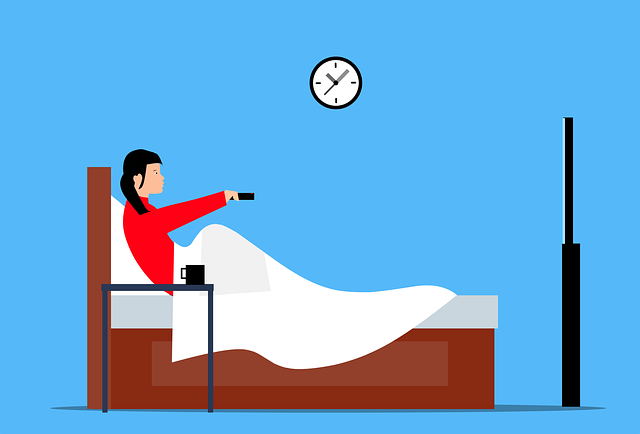Managing Insomnia

Insomnia is a common sleep disorder that can make it difficult for people to fall asleep, stay asleep, or get restful sleep. It can have a major impact on a person's daily life, causing fatigue, irritability, and difficulty concentrating. If you suffer from insomnia, you may be tempted to turn to medication to help you sleep. However, there are many effective ways to manage insomnia without relying on medication. Here are some tips on how to deal with insomnia without medication:

Set a consistent sleep schedule: It's important to go to bed and wake up at the same time every day, even on weekends. This helps regulate your body's natural sleep-wake cycle and can make it easier to fall asleep at night.
Create a relaxing bedtime routine: Establishing a relaxing bedtime routine can help you wind down and prepare for sleep. This might include activities such as reading a book, taking a warm bath or shower, or listening to calming music.

Make your bedroom sleep-friendly: The environment in which you sleep can have a big impact on your ability to fall asleep. Keep your bedroom cool, dark, and quiet, and invest in a comfortable mattress and pillows.
Avoid stimulating activities before bed: It's best to avoid activities that stimulate the brain or body before bedtime. This includes things like watching TV, using the computer or phone, or engaging in intense exercise.

Practice relaxation techniques: There are many relaxation techniques that can help you fall asleep, such as deep breathing, progressive muscle relaxation, or guided imagery. Experiment with different techniques to find what works best for you.

Exercise regularly: Regular physical activity can help improve sleep quality and reduce the severity of insomnia. However, it's important to avoid vigorous exercise close to bedtime as it can make it harder to fall asleep.
Eat a healthy diet: A healthy diet can support healthy sleep habits. Avoid heavy meals, caffeine, and alcohol close to bedtime and try to incorporate foods that are high in tryptophan, such as turkey and bananas, into your diet.
Consider herbal remedies: Some herbs, such as valerian root and chamomile, have been shown to have a sedative effect and may help with insomnia. However, it's important to talk to your healthcare provider before trying any herbal remedies, as they can interact with certain medications.
Seek support: If you're struggling with insomnia, it may be helpful to seek support from a healthcare provider or a mental health professional. They can help you identify any underlying causes of your insomnia and provide guidance on how to manage it.
In conclusion, there are many ways to deal with insomnia without relying on medication. By establishing a consistent sleep schedule, creating a relaxing bedtime routine, and making your bedroom sleep-friendly, you can improve your sleep quality and manage your insomnia. If you're struggling with insomnia, don't hesitate to seek support from a healthcare provider or mental health professional. They can help you identify the root causes of your insomnia and provide guidance on how to manage it.